It’s a question that often comes up in our cat nutrition forums. Many cats adore the flavor of tuna, sardines, or just plain old “fish” and will happily eat nothing but fish flavored meals.
But is it good for them?
What’s the Harm in Fish?
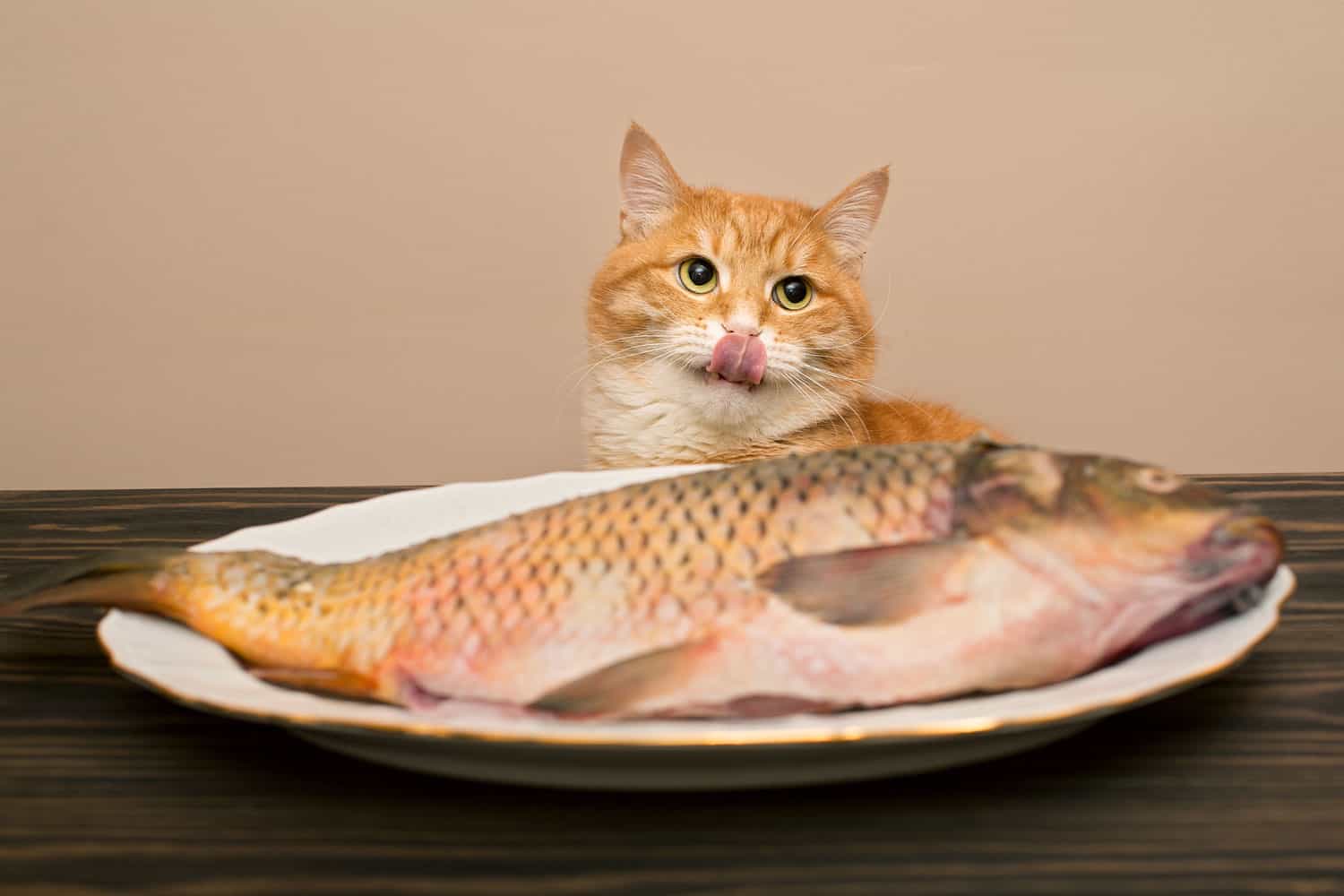
Fish may contain an enzyme called thiaminase. As its name indicates, this enzyme breaks down thiamine, another name for vitamin B1.
When a cat consumes too much thiaminase from fish, or fish-based foods, it can suffer from B1 deficiency, making it very ill.
Tuna is double the trouble, as it contains a lot of fats and very little vitamin E, yet can be extremely palatable to cats.
Some cats have been known to refuse anything but tuna once they get used to its taste.
That can be a very dangerous diet for any cat, leading to severe deficiency, not only in B1, but also in vitamin E.
Vitamin E deficiency can cause a severely painful condition known as Pansteatitis, or Yellow Fat Disease, where the fatty tissues become inflamed.
Feeding a homemade diet based solely on fish is dangerous for cats, and fish should be incorporated into a homemade diet very carefully and in moderation.
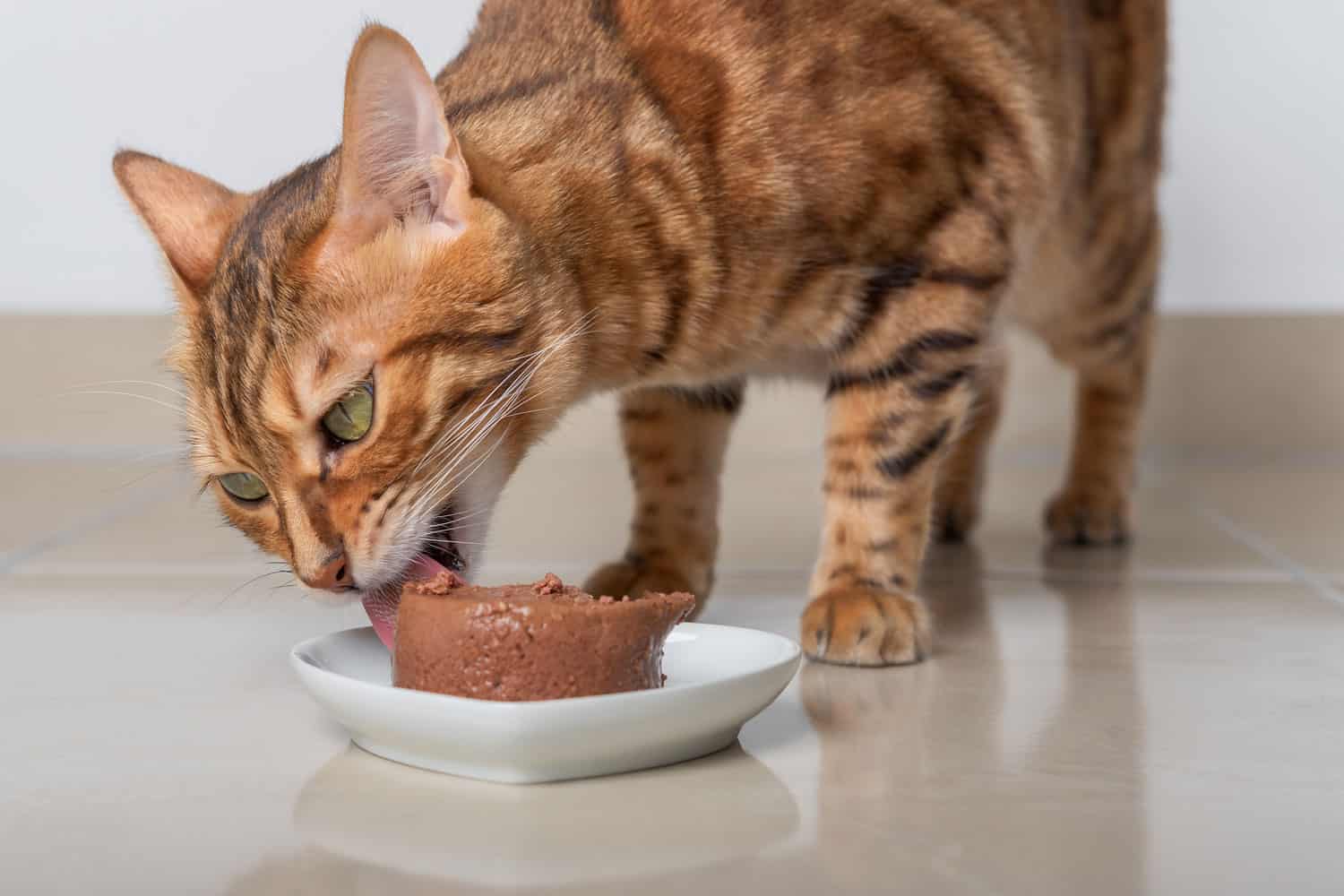
As for processed canned food, good manufacturing practices should ensure that there’s enough thiamine and vitamin E added to the mix to ensure that the cat gets a balanced diet.
As long as you buy good quality canned food, the flavor should not matter. See more about how to choose the best canned food for your cat.
SIGN UP FOR THECATSITE'S EMAIL UPDATES >
What About Heavy Metals in Fish?
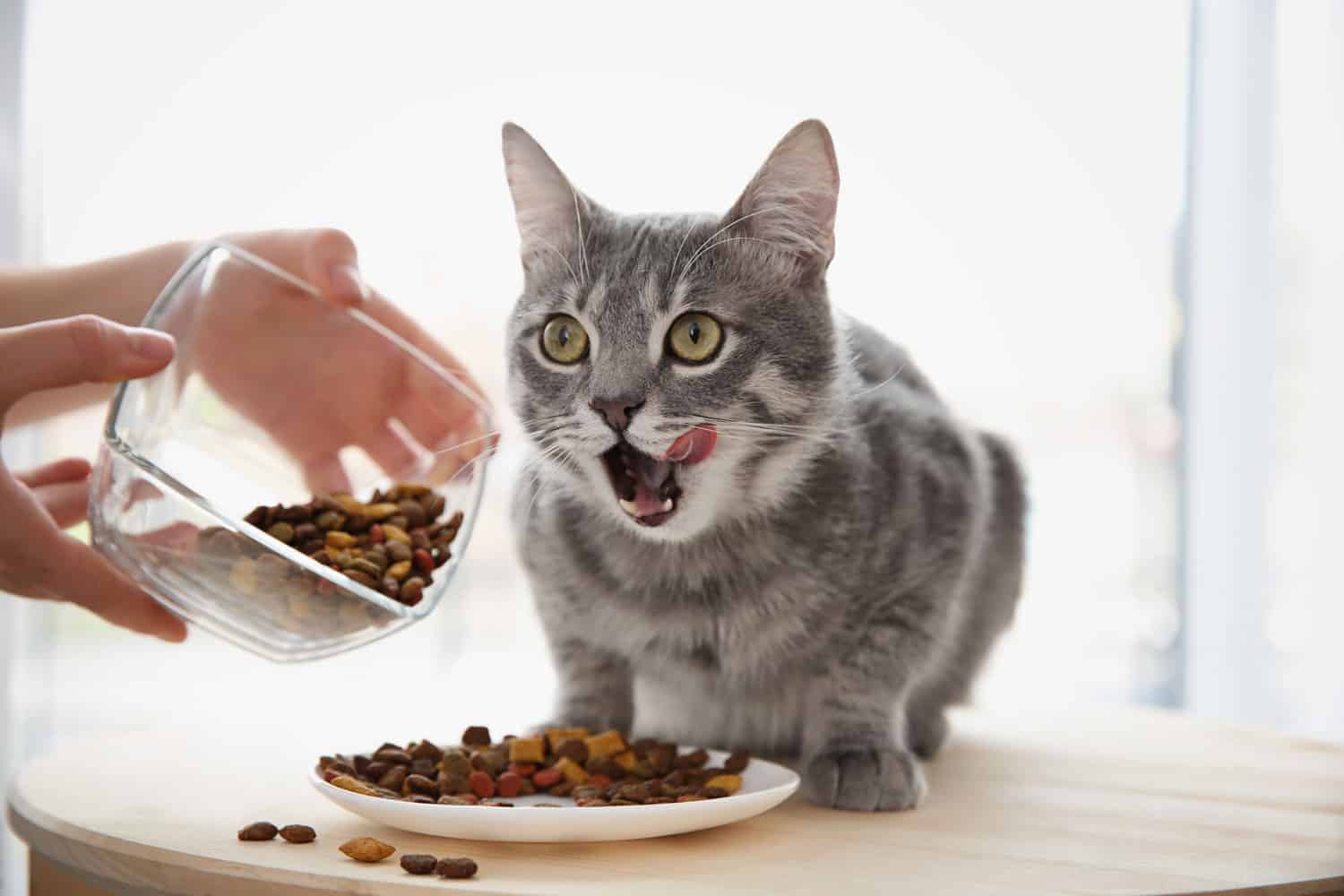
The issue of heavy metals in fish goes beyond cat food. It is a concern for humans as well, as levels of environmental pollution rise.
Fish, especially those higher up in the food chain, often contain dangerously high levels of heavy metals, most commonly mercury.
Is that a problem with fish-flavored cat food? Pet nutritionist Dr. Martha Cline, DVM, Diplomate ACVN, thinks there is not enough evidence to say one way or the other.
“Under good manufacturing practices, this is going to be less of a problem, because manufacturers should be testing their sources and avoiding ingredients containing high levels of heavy metals,” said Dr. Cline.
However, she also added that there simply is not enough data to say at this point if there are or aren’t any cumulative long-term effects caused by small amounts of heavy metals which may still be present in fish-based products.
So, should I feed fish-based cat food?
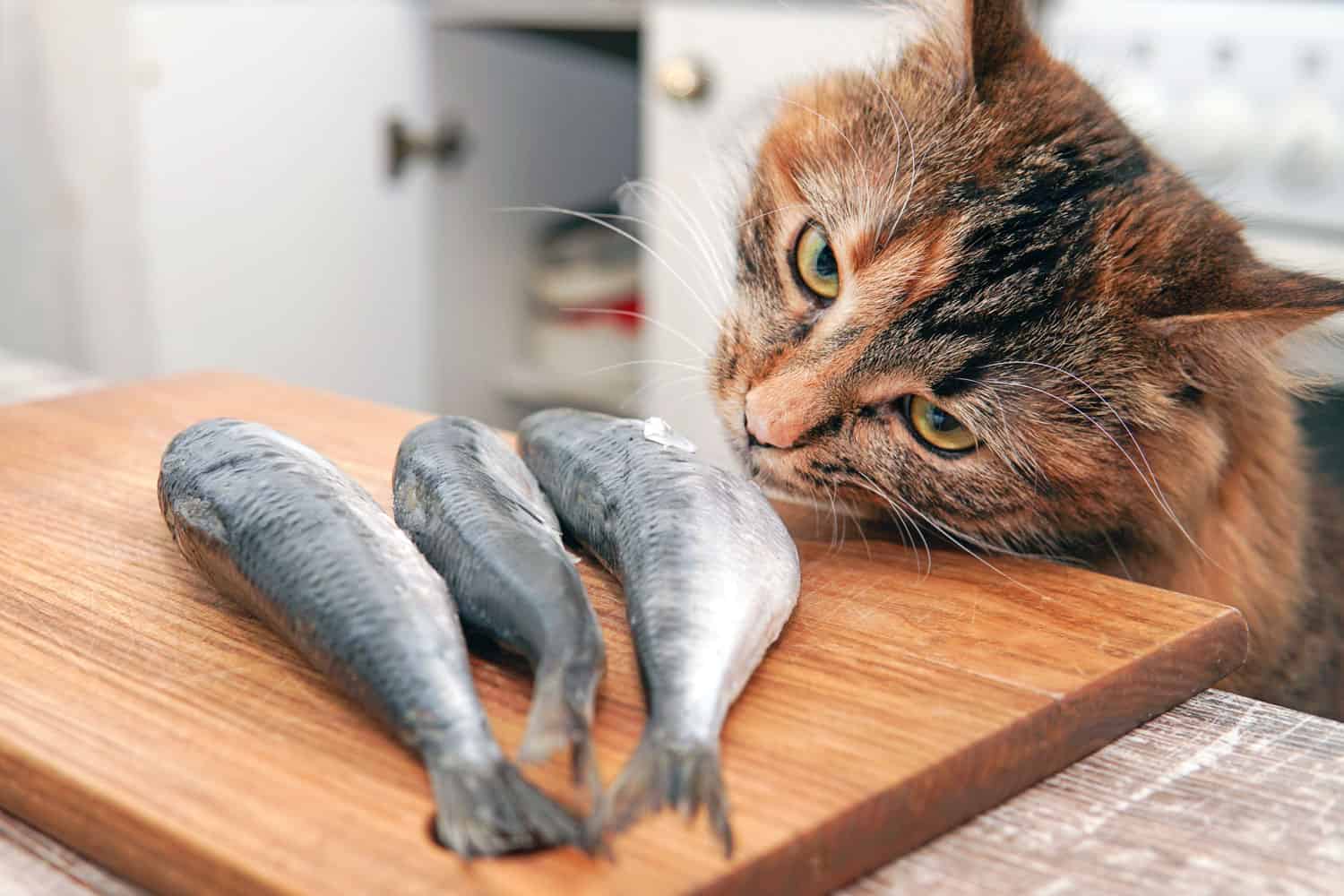
If you’re feeding good quality commercial cat food manufactured by a reputable company, you can safely feed fish-based food without risking thiamine-deficiency or pansteatitis.
If you’re feeding a homemade diet, you need to be very careful not to feed too much fish, especially not without proper supplementation.
At this point, it’s hard to tell whether heavy metals are a possible issue when feeding fish or fish-based products.
With no established data as to the long-term effects, you may want to contact the manufacturer of your brand of cat food and ask if they test their product for heavy metals.
Otherwise, consider limiting the consumption of fish-flavored products until more information becomes available on this topic.
SIGN UP FOR THECATSITE'S EMAIL UPDATES >
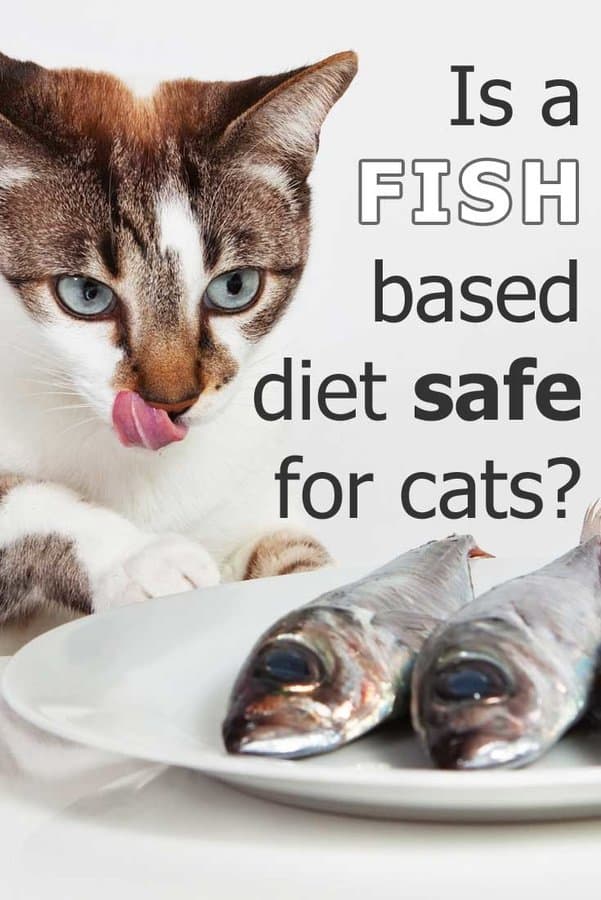
Comments? Leave them using the form below. Questions? Please use the cat forums for those!
Note: We may get commissions for purchases made through links on this page.

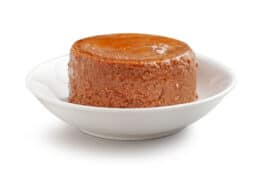

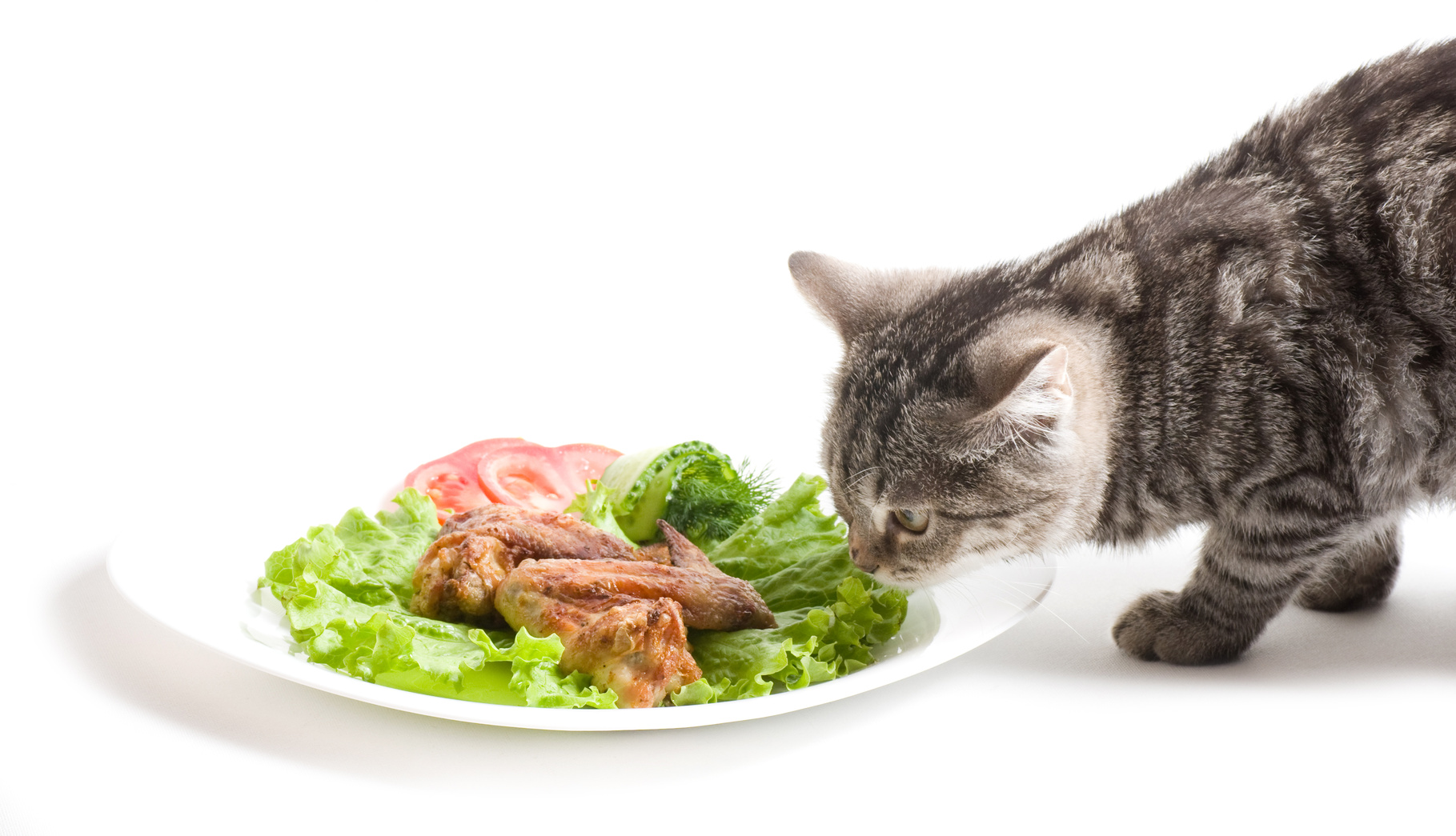
13 comments on “Can I Feed My Cat A Fish-based Or Fish-flavored Diet? [Answered]”